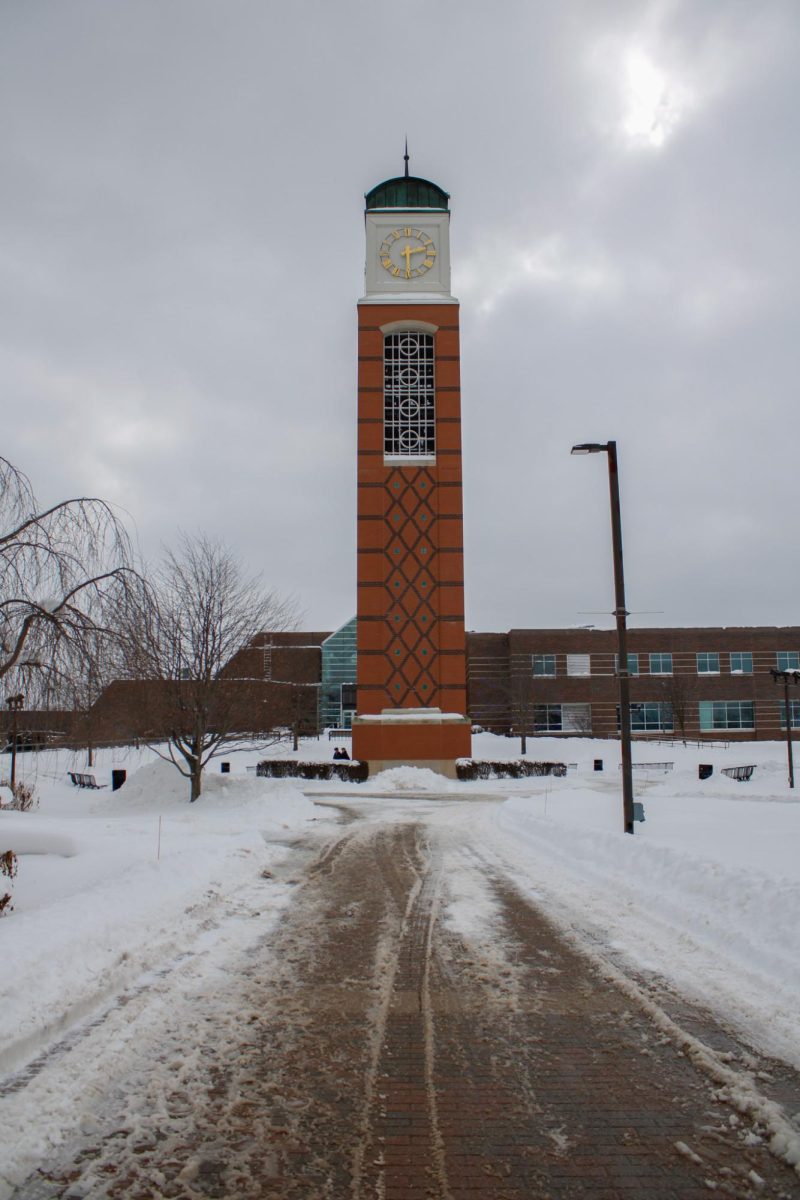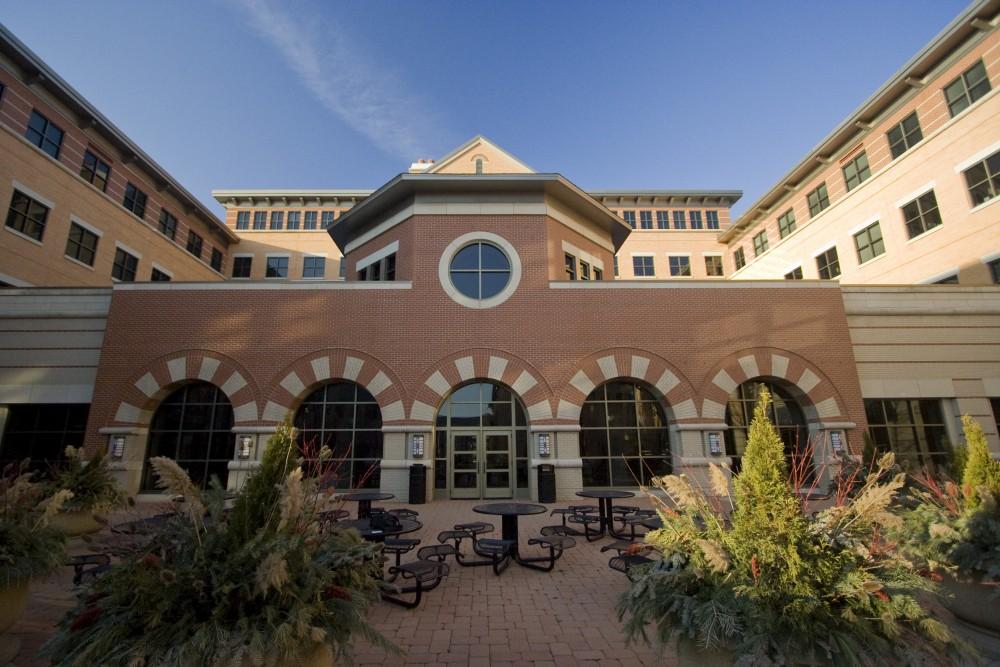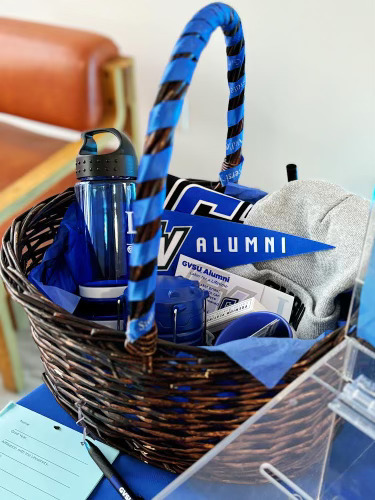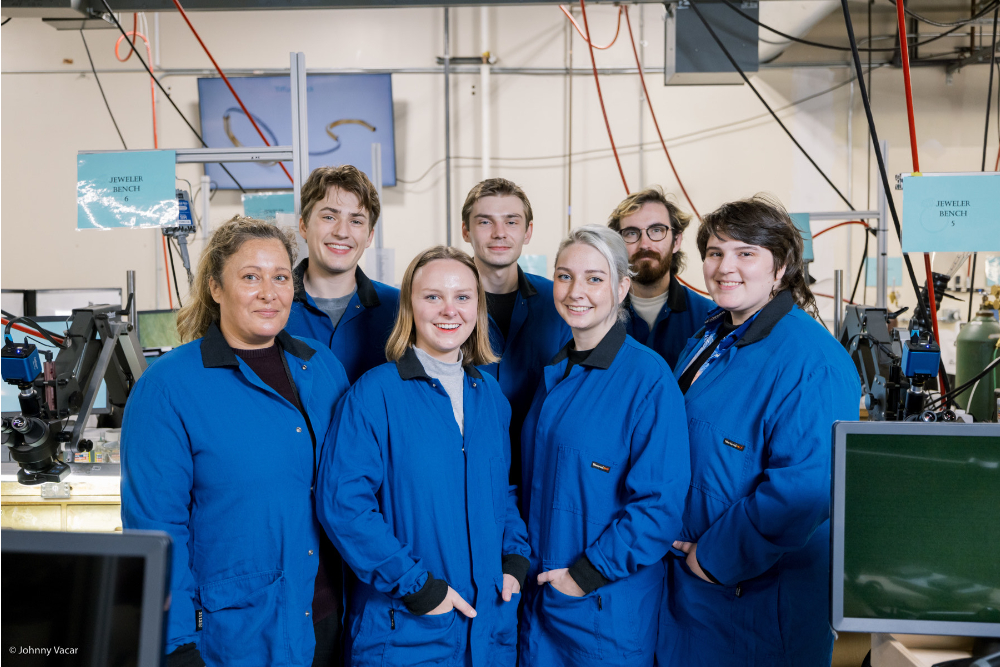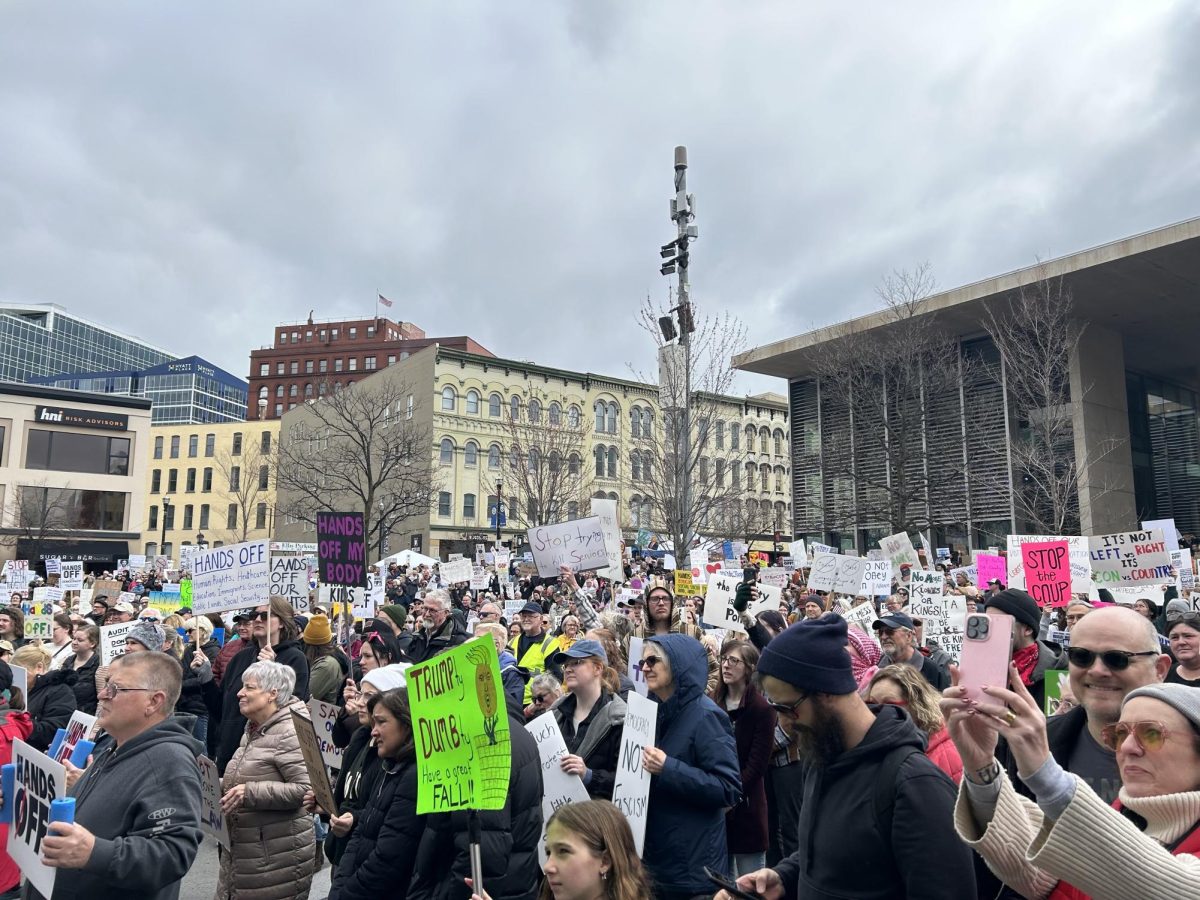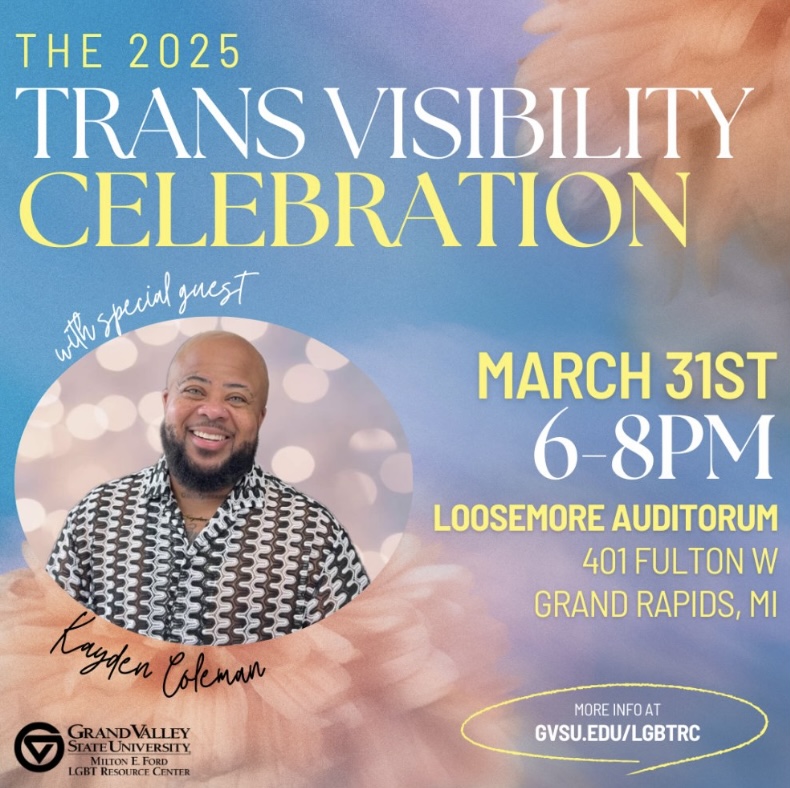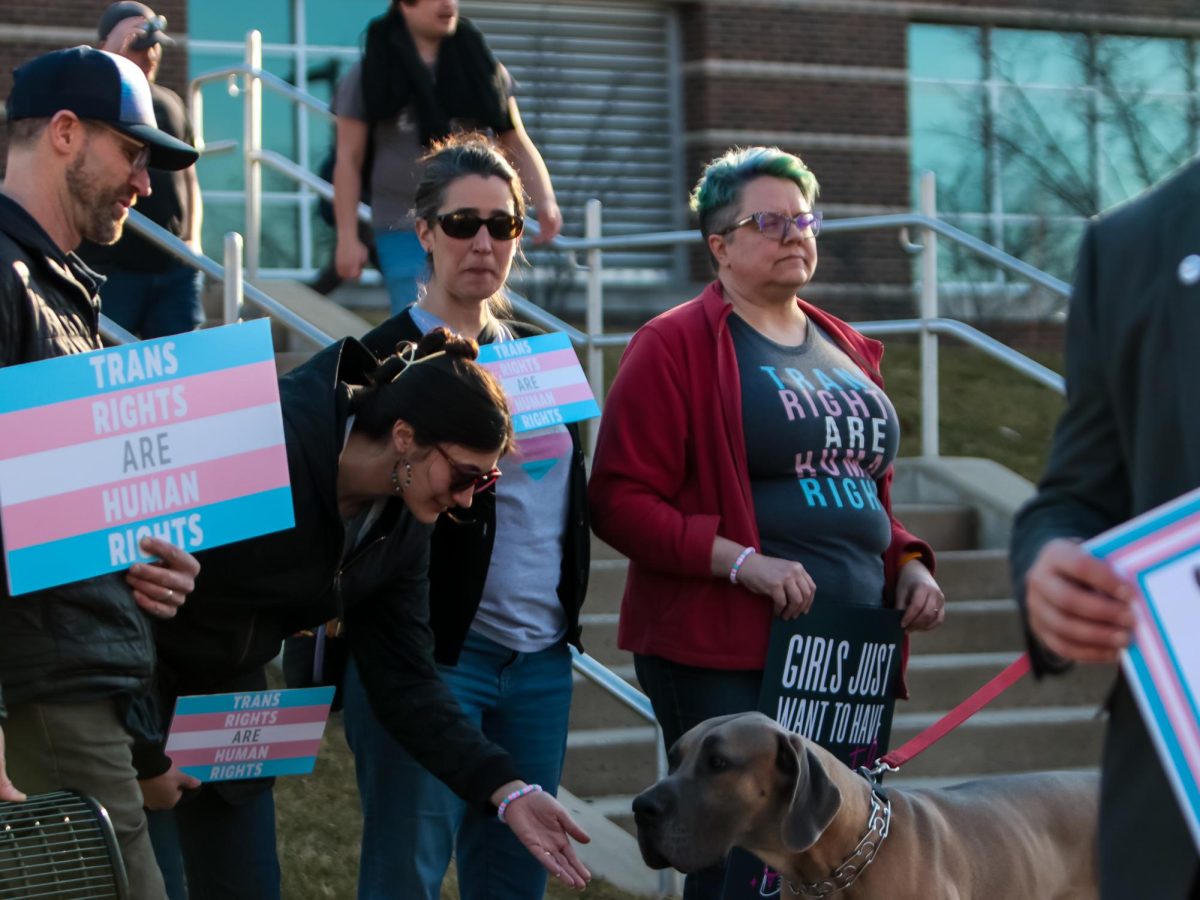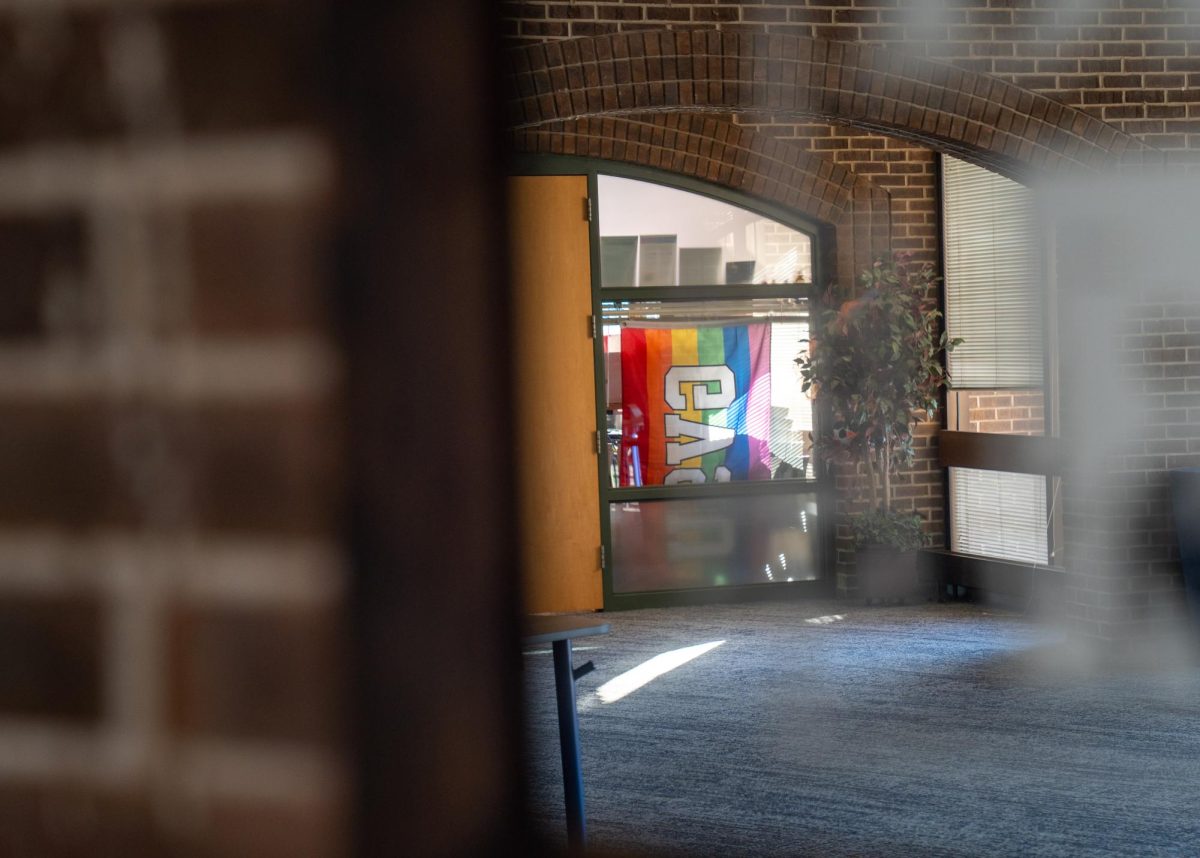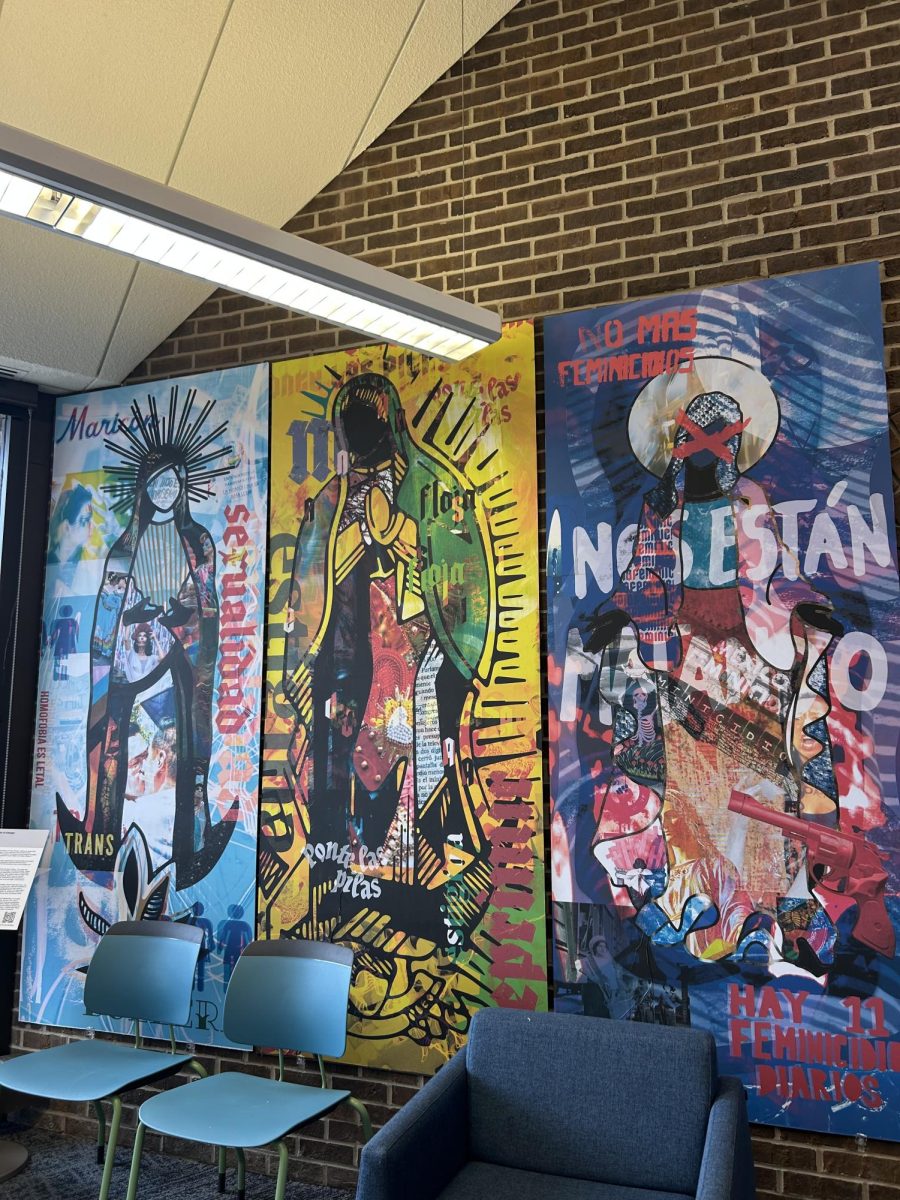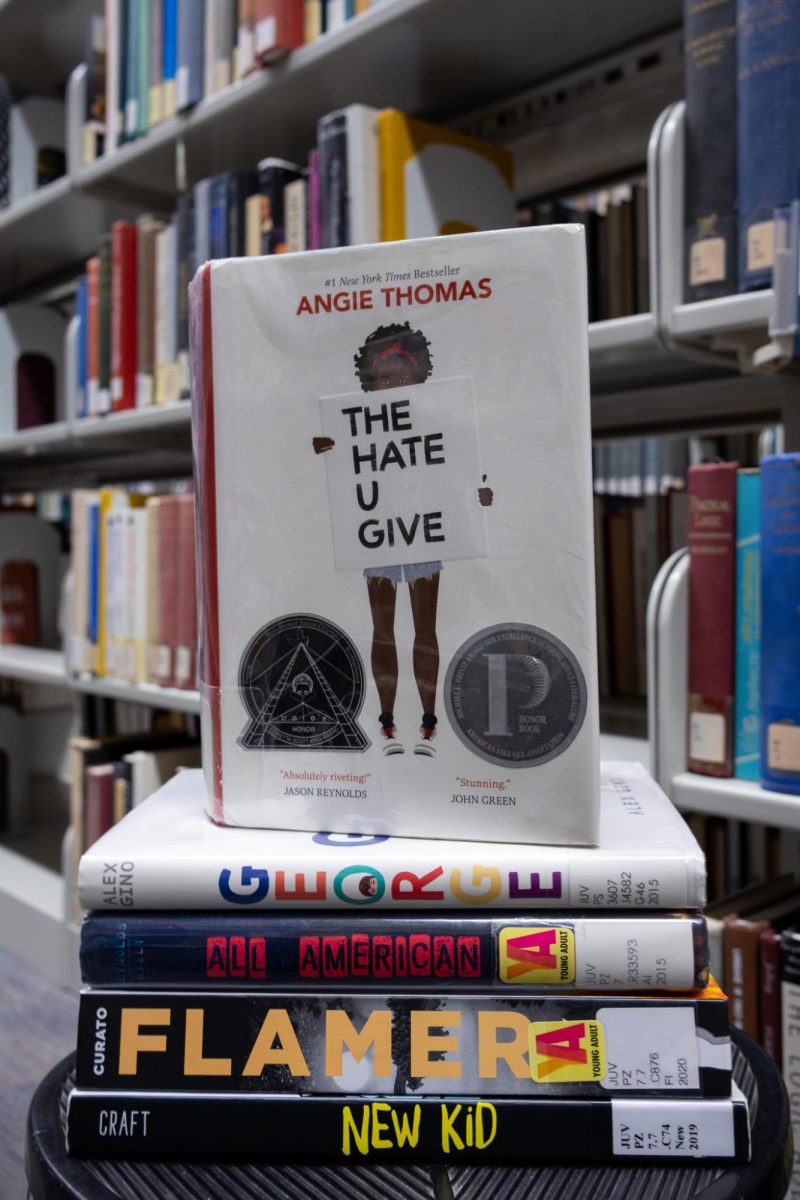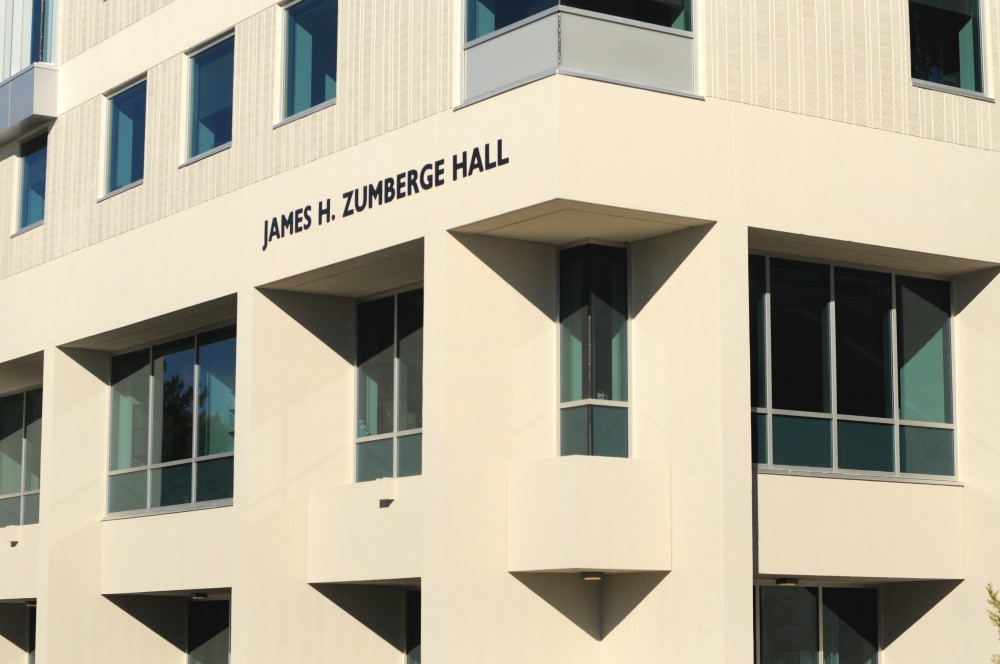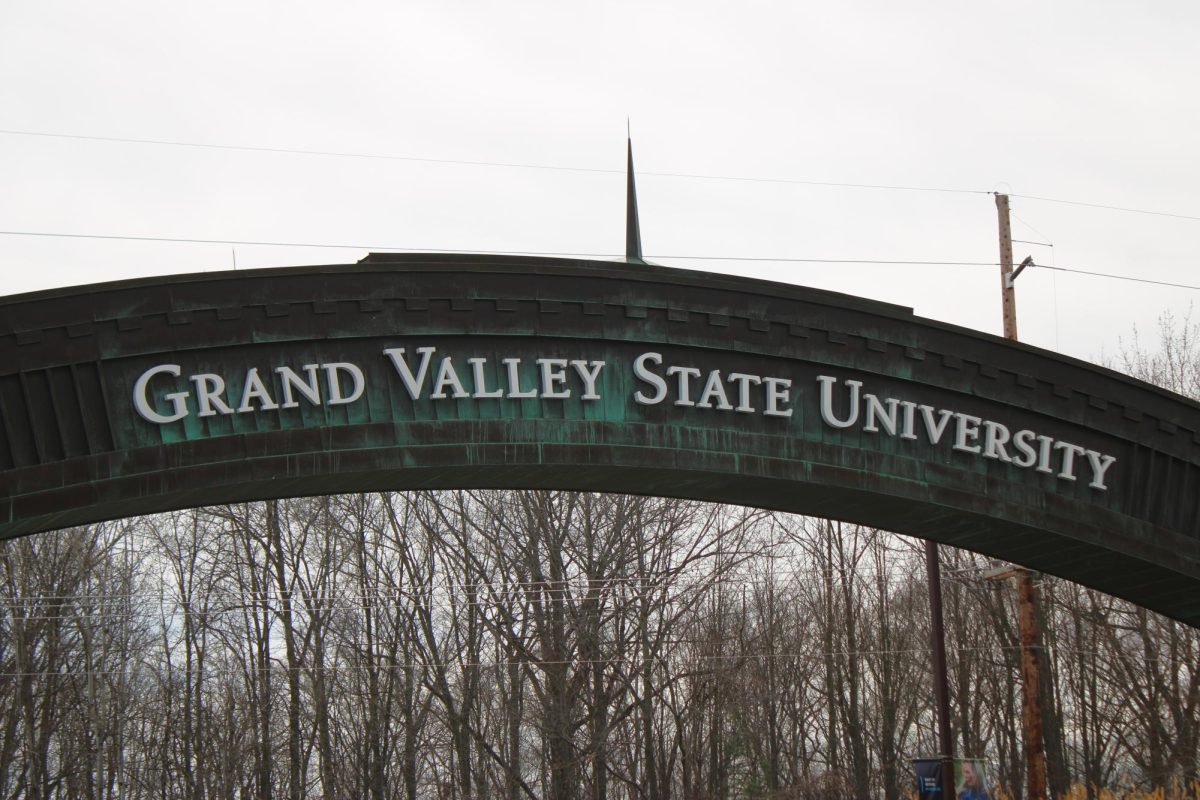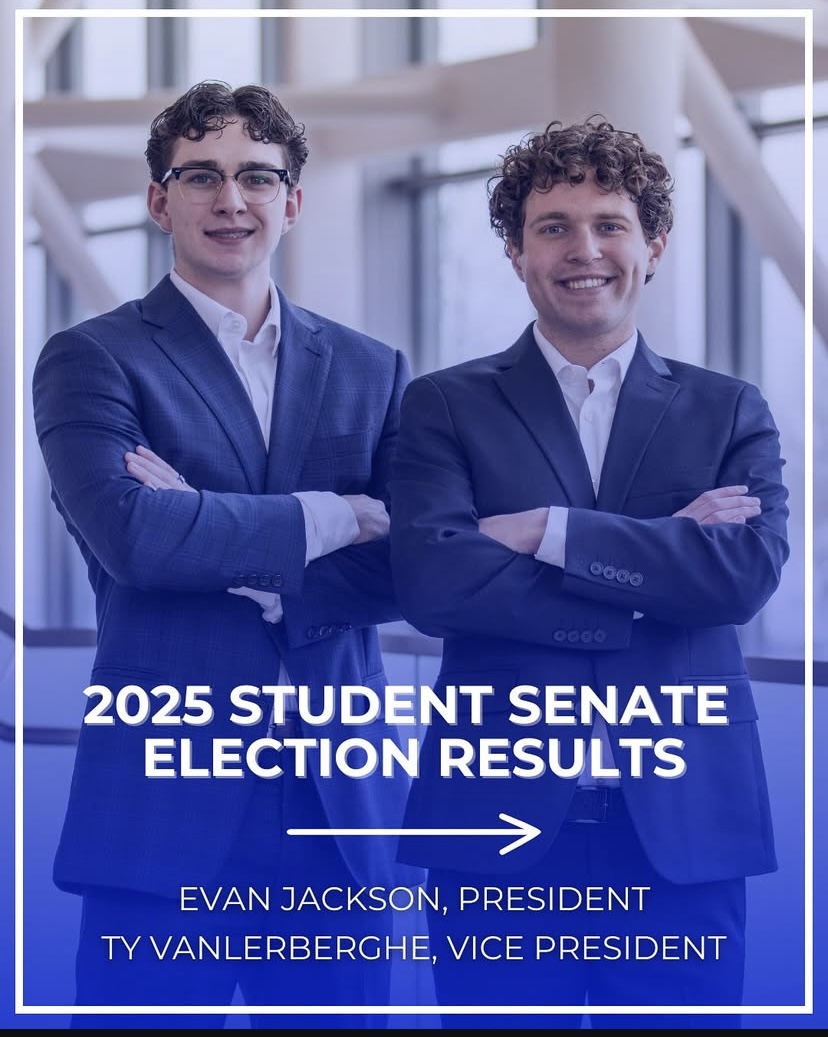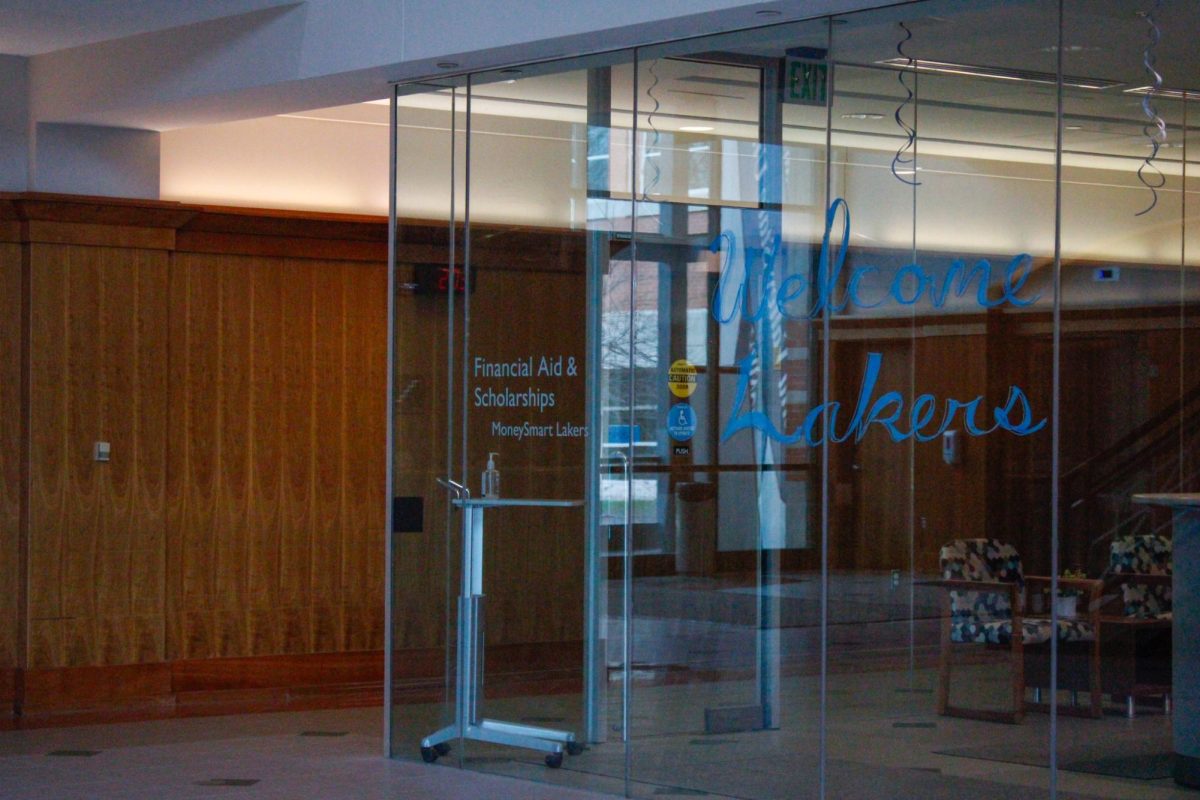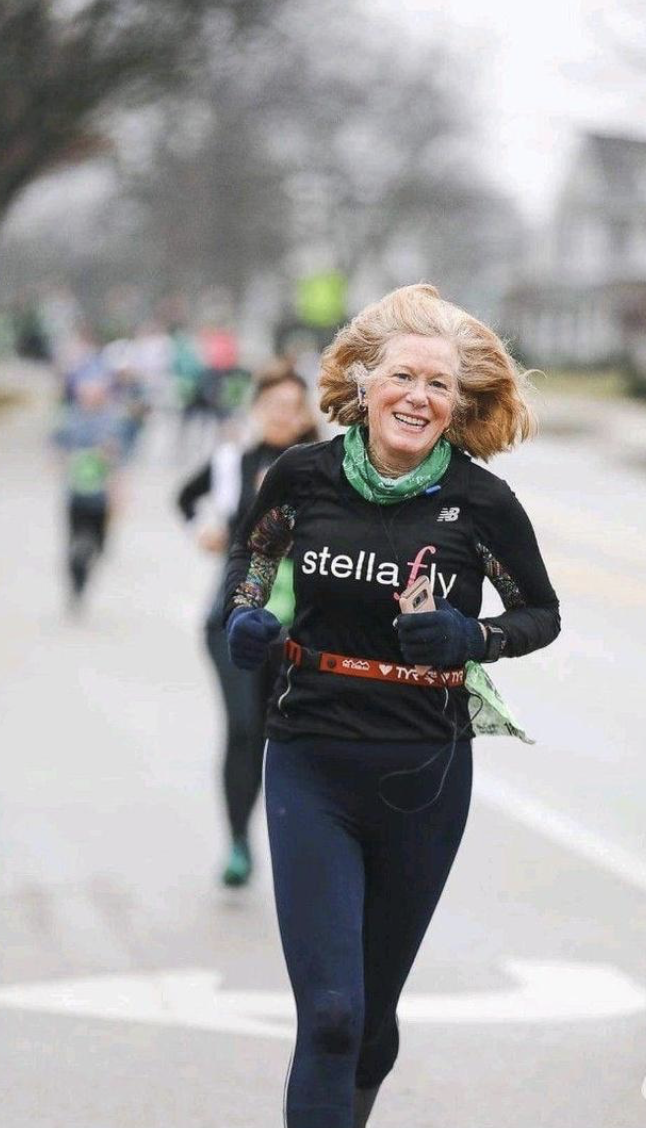In observance of Transgender Day of Remembrance on Nov. 20, the Milton E. Ford LGBT Resource Center at Grand Valley State University co-hosted a vigil with the Grand Rapids Pride Center (GRPC) and the Grand Rapids Trans Foundation.
Attendees decorated candles that they could place on an altar while local musician Darius Colquitt delivered a vocal performance. Afterward, speakers stepped forward to recite the names of the 48 transgender and gender non-conforming individuals that committed suicide or were killed in the United States since last year’s Trans Day of Remembrance.
This is the first year the total number has included suicide deaths, highlighting the tragic decision some transgender and gender non-conforming individuals have made in the face of threats to their autonomy, as well as physical violence against them.
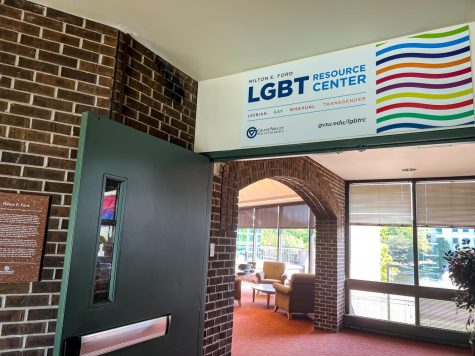
“It doesn’t have to be someone physically harming somebody else,” said DL McKinney, the director of the LGBT Resource Center. “The torture that our community and our siblings go through when they’re just trying to live authentically as they are ends lives. People opt out of life because of that.”
Trans Day of Remembrance began in 1999 in honor of Rita Hester, an African American trans woman who was murdered in Boston in 1998. To this day, Black transgender women have been disproportionately affected by this epidemic of violence. A report from the Human Rights Campaign Foundation shows that in the last year, 75% of the reported cases of fatal violence against transgender and gender non-conforming individuals were people of color, and half of them were Black women. However, this statistic might actually be higher, as it is only reflective of formally reported cases. Cases often go unreported or misreported due to misgendering or discrimination that continues after the individual’s death.
“There’s so many lives that have been lost, but families are saying, ‘No, this person wasn’t trans. No, we’re going to deadname this person. (No), we’re going to make sure that no one knows their true identity,’” McKinney said. “We even have some families who may not even report (a death) as murder because they think their loved one deserved it.”
Anti-trans violence continues to rise, perpetuated by the increasingly anti-trans climate seen in U.S. politics and culture. While the current political climate imposes an increased threat to the trans community, McKinney stressed that globally, the issue has always existed.
“Even before (the election), the risk of safety and autonomy to trans bodies has always been a fact,” McKinney said. “I mean, that has never changed. The names (of individuals that have died) that we read are going to be for the U.S., but worldwide, we’re talking about almost 400 lives lost (this year) just because someone is uncomfortable with somebody being themselves.”
Speakers at the vigil emphasized that while it is a time of grieving, it is also time to uplift and empower those who have been lost, and to show strength as a community. Many attendees said they were extremely grateful for the event, and emphasized the importance of showing up as a united community against discrimination.
Lynn Formigoni, a volunteer at GRPC, said she has been witness to both good and bad moments in the trans community since she transitioned 10 years ago. Yet, Formigoni said she believes the transgender and gender non-conforming community is stronger than ever before.
“It means the world to me to see that this (the community formed at the vigil) happened, because I know our (trans) community is alive and thriving,” Formigoni said. “That’s what we really want to see, a community that can be self-sustaining, powerful and have a voice.”
Another vigil attendee, GVSU alumni Robin Fox, was proud to see strong involvement in the event from the University and its community.
“As a GVSU alumni of 10 years, it’s really great to continue to see the LGBTQ inclusivity of our campus and events,” Fox said.
McKinney emphasized that the LGBT Resource Center is available for any student in need of someone to talk to, as well as a variety of other resources.
“Our office will try to reach out as much as we can in different avenues,” McKinney said. “The more we talk, the more safety we’re gonna find.”





